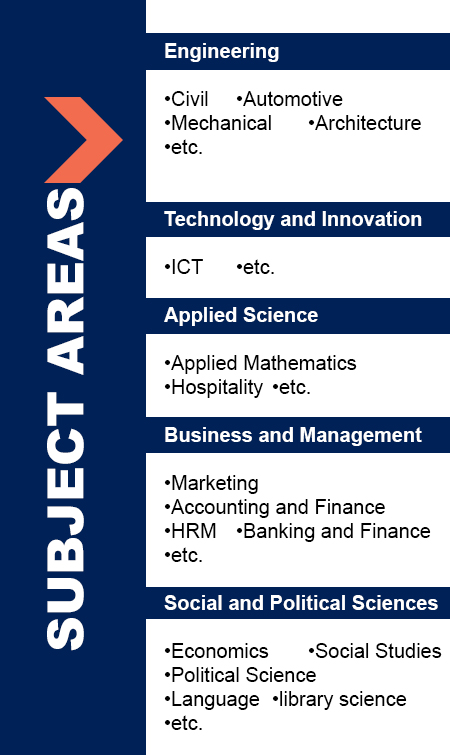An Evaluation of the Operations of Micro-credit Schemes in Poverty Alleviation of the Rural People in Northern Ghana - Case Study of Ghanaian-Danish Community Programme (GDCP)
DOI:
https://doi.org/10.47127/ijtmr.v1i1.5Abstract
The purpose of the study was to examine the sustainability of poverty alleviation activities, utilisation of the funds, the adequacy of credit given to the beneficiaries, level of savings and the degree of attention given to non-income-related issues. The study used questionnaires to capture responses of beneficiaries of the Ghanaian Danish Community Programme (GDCP) Micro-credit scheme as well as secondary data from the annual financial reports and statements of the scheme. The data were analysed with the ratios of the interest income to operational cost, operational cost to loans disbursement to arrive at operational sustainability and cost of money lent respectively. Tables and charts were used to provide the pictorial analysis of the interest income and the operational cost. The study revealed that the schemes were on course to sustainability but were characterized by high operational costs because of the nature of their activities. The study also revealed that the credit services provision had a positive impact on the beneficiaries overall lives, family nutrition and savings and there was evidence of proper utilisation of the funds. These merits were however, impeded by the inadequacy of the credits amount and limited attention given to non-income-related issues. Finally, the researcher made some recommendations and suggested steps for their implementation.
Keywords: Sustainability; Beneficiaries; Poverty alleviation; Savings; Impact; Micro-credit scheme








